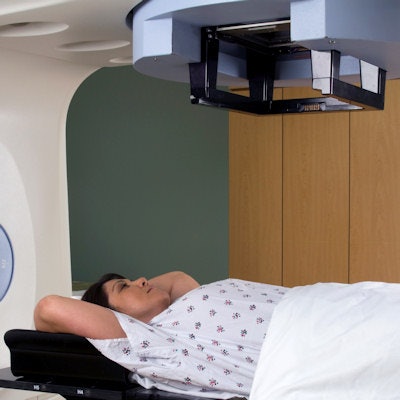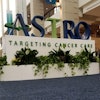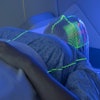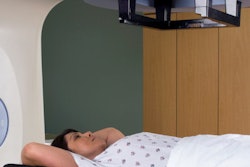
A shorter round of higher-dose radiation to part of the breast demonstrates promising results in women with early-stage breast cancer, according to a study published on December 5 in Lancet.
The study, the Randomized Trial of Accelerated Partial Breast Irradiation Using Three-Dimensional Conformal External Beam Radiation Therapy (RAPID), included 33 cancer sites across Canada, Australia, and New Zealand. The research team led by Dr. Timothy Whelan, professor of oncology at McMaster University and a radiation oncologist of Hamilton Health Sciences, used accelerated partial-breast irradiation (APBI) in 2,135 women ages 40 and older with ductal carcinoma or node-negative breast cancer. The treatment took place in one week or less, reducing the length of treatment from the standard three to five weeks.
Approximately half of the patients were randomly assigned whole-breast radiation, delivered once per day over three to five weeks. The other half received external beam APBI, given twice a day over five to eight days.
Median follow-up was 8.6 years. At eight years, the risk of cancer recurrence in the breast was very low and similar for the two groups. The risk was 3% for patients treated with APBI and 2.8% for patients treated with whole-breast radiation.
Although less early toxicity within three months of treatment was observed with APBI, the twice-daily regimen was likely associated with higher late toxic effects and worse cosmetic outcomes, the researchers found. Side effects included more visible small blood vessels and thickening of breast tissue related to radiation.
About 13% of whole-breast radiation patients had moderate toxicity, compared with 32% of APBI patients. In addition, about 16% more women treated with APBI said their breast didn't look as good. Due to these results, Whelan and his team do not recommend the regimen.
However, the researchers are conducting a clinical trial to examine whether once per day APBI with more time between treatments will have better outcomes.



















